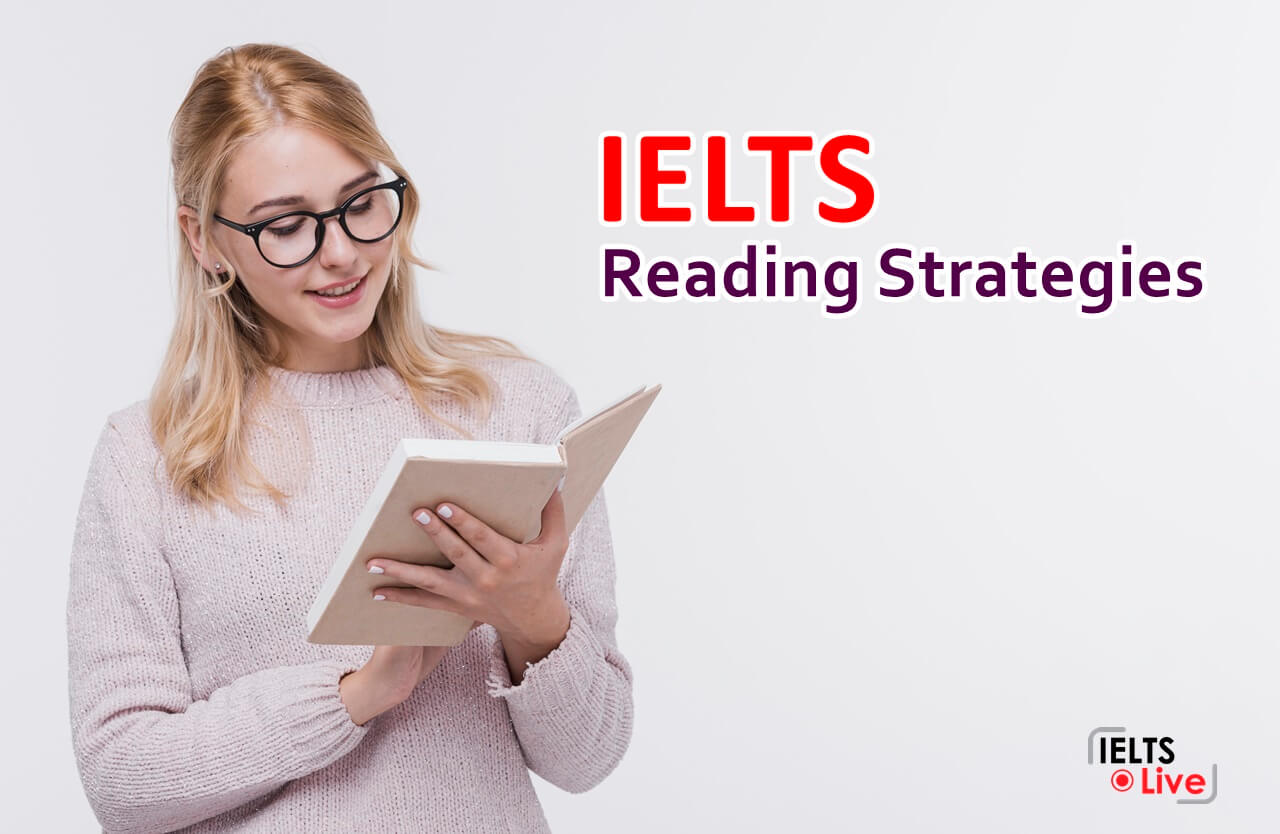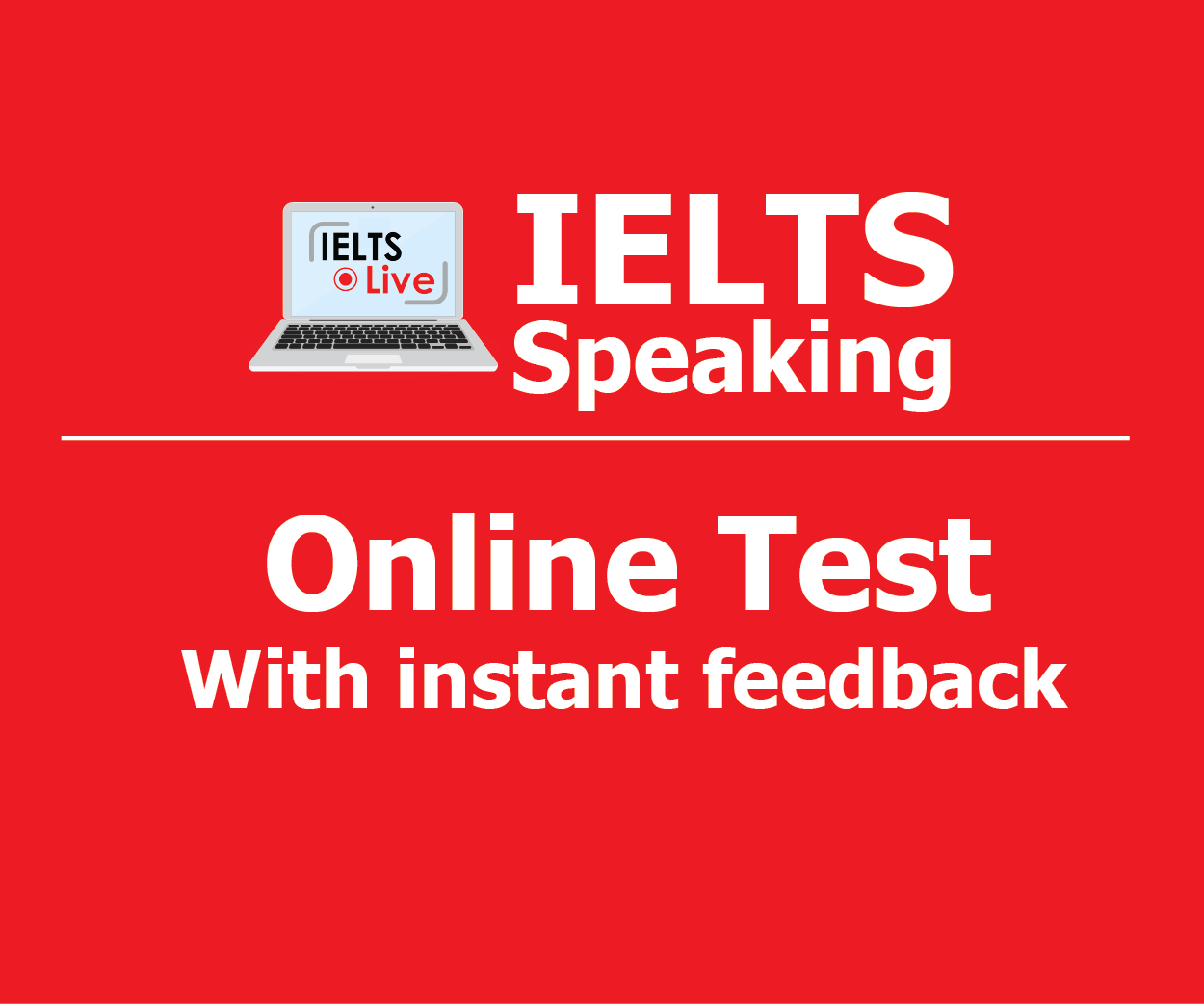
IELTS Reading Strategies
27th Aug 2019
IELTS test contains 40 questions to be solved within 60 minutes. The academic reading test has three long passages with a variety of questions whereas, the general training reading test has two or more short texts in section 1, two texts in section 2 and the third one is a long text.
Below are some useful IELTS Reading tricks that will help you in your upcoming IELTS Reading test.
IELTS Reading Tips & Strategies
The passages in IELTS general training are taken from magazines and newspapers, advertisements, notices, books, a company’s handbooks and guidelines. IELTS academic reading passages are mainly from books, journals, magazines, and newspapers. Let us first look at the 11 question types asked in IELTS Reading Test.
Types of Questions in IELTS Reading Test
1. Multiple choices
2. Matching headings
3. Identifying information (True False Not Given)
4. Identifying the author’s Opinions or claims (Yes No Not Given)
5. Matching information
6. Matching features
7. Sentence completion
8. Matching sentence endings
9. Summary, note, table, flow-chart completion
10. Diagram label completion
11. Short-answer questions
You can clock on the above question types to look for more detailed analysis and tips to crack them.
Tips and Strategies for IELTS Reading
In this post, we’ll cover 10 IELTS reading tips and strategies for improving the reading scores. We also tossed in a few bonus tricks to enhance your ielts reading skills to the next level. Let’s get into it.
Have you ever wondered what’s the top tip for IELTS Reading?
Well, my answer is UNDERSTANDING.
The top tip would be to read the instructions well.
Most often the test-takers read just too fast completely ignoring what the question is asking. well, this is not a good idea in the IELTS reading exam. Understanding a question is the key to success. Read if it is “One word Or a Number”, ” One word and/or a Number”, they mean differently.
Should we try to understand the entire passage?
Since a majority of questions would come in order of the text of the passage, you should use your reading skills to locate the answers well and convince yourself of the answers. Do not panic if you are unable to understand the meaning of “a word in the passage” which can be guessed by the context. You may choose to skip the question and get back at the end of the test. But, remember, IELTS examiners may use some good vocabulary in the question statements to check your English level. For example, “Egyptians were the pioneers in shipbuilding.” in this statement, if you do not know the meaning of the word PIONEERS, you may have to lose one mark.
Do keywords help?
Identifying Keywords is key. Scanning for keywords can help you locate your answers. With logical reasoning and your paraphrasing skills, you can easily get the answers. Be careful, some words can be very compelling and appear to be the obvious answers which may not be the case. Also, never forget to mark adjectives, adverbs, and comparisons in your passage while reading, they come out fairly useful while solving questions. Some, few, only, always, hardly, similarly, preferable, etc. are some examples of such keywords besides the names of specific people that may have been mentioned in the passage like that of scientists, experts, writers.
Best way to get high bands in IELTS reading?
Build your vocabulary
IELTS examiners pick up texts from different sources and the next step for them is to form questions. They make it difficult and/or tricky by paraphrasing in mainly three ways – by using synonyms of some words (Waters = ocean), using an explanation/description of a word/words (Pioneers = they were first to build ships)and by using synonymous expressions ( there was hardly anyone in the village = No one could be found in the village). I advise you to build on your vocabulary, this would surely make IELTS reading easy for you. After all, it’s a test of your general/academic reading skills.
Grammar can be helpful
I have seen that students often make mistakes writing their answers especially in filling the blanks. Try to carefully read the questions and observe whether it requires a noun(singular or plural), a verb (singular or plural), adjective or a set of words. Then the getting the right answer becomes a lot easier.
Practice reading tests
Nobody can deny the fact that practice helps. You should do at least one reading, one passage or one specific question type every day to improve and command over your IELTS reading. There are two best techniques for reading practice. First, you can read quickly within time-limit under real exam-like conditions to analyze and improve your time-management and second, to solve the specific question types to comprehend and master reading concepts.
Practice care while transferring answers
You have to be very careful while writing your answers on the answer sheet. Make sure there are no spelling errors, you do not write a True/False answer as a Yes/No and vice versa. All your answers should be in CAPITAL LETTERS. Write according to the instructions of the questions for instance, if the answer is option C do not write its description.
Does managing the time in IELTS reading trouble you?
You should learn to manage time well in your IELTS exam. Usually, your first passage is comparatively easy, try to solve it as soon as possible so that you can give some more time to a bit more complex passages later on. Some questions are easy some are tough, be smart enough to allocate your time accordingly.
How important is the reading speed?
This is a vital skill to have especially for IELTS academic reading test since there is just too much text and only 60 minutes to solve 40 questions. I used to practice reading the book upside down which improved my recognition of most frequent words and it became easy for me to read the entire sentence at once. You should try various techniques to improve your IELTS reading speed.
Scanning and skimming may come in handy.
You can look for specific information (scanning) in the passage. At times, IELTS requires you to understand the gist (skimming) of the passage to solve certain question types. Do not spend too much time on reading, just a couple of minutes to preview the text will be useful in locating the answers and saving time.
If you are looking for an overall preparation for your IELTS exam and you lack the time to be able to commit in regular courses in exam preparatory centers, then an online preparatory process will be the best fit for you. Among the various online services if you want one which will be standout, then the best choice for you will be IELTS.LIVE. IELTS.LIVEis such a website that will help you prepare for the main IELTS exam online. One of the best features of this website is that it provides services free of cost. The most lucrative thing about IELTS.LIVEis its completeness, all the modules of the IELTS exam are arranged here, the reading and the listening test are arranged according to the standards and you will be able to evaluate your level easily. There are paid writing and speaking services as well, which will let you know how to improve on the modules as you will be given detailed feedback.



Comments:
Post a comment on "IELTS Reading Strategies"
Showing 3 Comments
nisansala
Godiya Gaura
princeazom